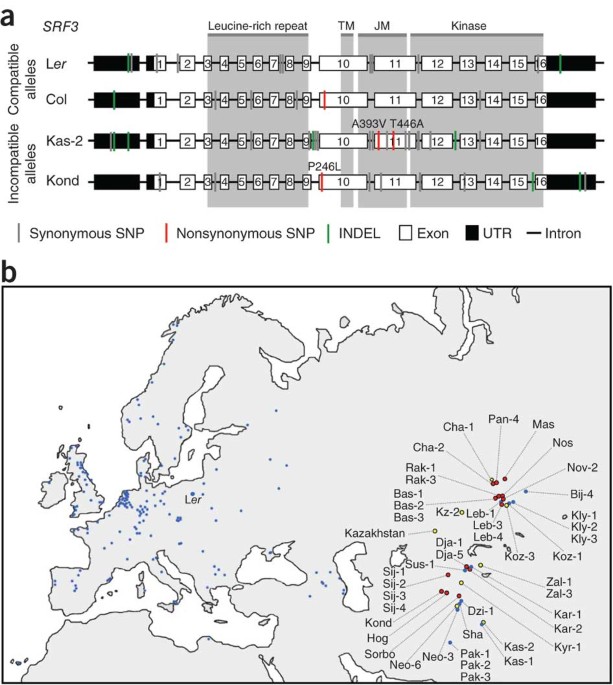- Select a language for the TTS:
- UK English Female
- UK English Male
- US English Female
- US English Male
- Australian Female
- Australian Male
- Language selected: (auto detect) - EN
Play all audios:
Access through your institution Buy or subscribe Glycogen synthase kinase-3β (GSK3β) has a key functional role in the pathogenesis of polycystic kidney disease (PKD) and may represent a
novel therapeutic target to prevent PKD progression, say researchers. Tao and colleagues found that levels and activity of the cell proliferation regulator were upregulated in the kidneys of
mice and humans with PKD. Renal collecting duct-specific knockout of _GSK3β_ or pharmacological inhibition of GSK3 slowed PKD progression in mice. This benefit was associated with
reductions in cAMP production, cell proliferation and cyst expansion. This is a preview of subscription content, access via your institution ACCESS OPTIONS Access through your institution
Subscribe to this journal Receive 12 print issues and online access $209.00 per year only $17.42 per issue Learn more Buy this article * Purchase on SpringerLink * Instant access to full
article PDF Buy now Prices may be subject to local taxes which are calculated during checkout ADDITIONAL ACCESS OPTIONS: * Log in * Learn about institutional subscriptions * Read our FAQs *
Contact customer support REFERENCES * Tao, S. _ et al_. Glycogen synthase kinase-3β promotes cyst expansion in polycystic kidney disease. _Kidney Int._ 10.1038/ki.2014.427 Download
references RIGHTS AND PERMISSIONS Reprints and permissions ABOUT THIS ARTICLE CITE THIS ARTICLE Role for GSK3β in polycystic kidney disease pathogenesis. _Nat Rev Nephrol_ 11, 196 (2015).
https://doi.org/10.1038/nrneph.2015.20 Download citation * Published: 17 February 2015 * Issue Date: April 2015 * DOI: https://doi.org/10.1038/nrneph.2015.20 SHARE THIS ARTICLE Anyone you
share the following link with will be able to read this content: Get shareable link Sorry, a shareable link is not currently available for this article. Copy to clipboard Provided by the
Springer Nature SharedIt content-sharing initiative





:max_bytes(150000):strip_icc():focal(959x0:961x2)/wp-tout-2-f3e91eb8289843bdafb86663ea0d381f.jpg)

